'Mind and body fitness: What really works'
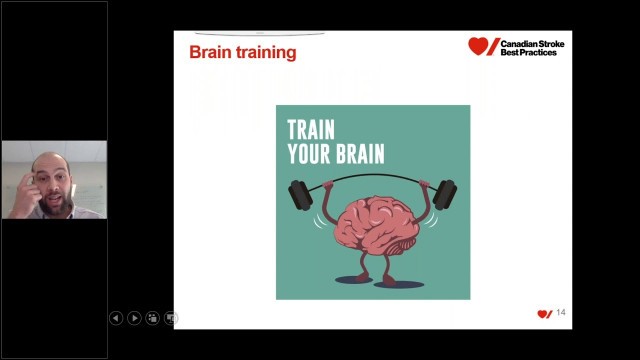

'To join the newsletters for the webinar series or for any questions e-mail [email protected] Mind and body fitness: What really works Recorded November 20, 2019 Presenters Bobby Stojanoski PhD Research Scientist The Brain and Mind Institute, Western University Ada Tang PT PhD Associate Professor, School of Rehabilitation Science, McMaster University Clinician-Scientist (Phase II) | Heart & Stroke Foundation Ontario Julie Richardson PhD Professor Assistant Dean, Rehabilitation Science Program School of Rehabilitation, McMaster University About this presentation People with stroke, heart conditions or vascular cognitive impairment require rehabilitation to help them to reach their optimal physical, cognitive, emotional, communicative, and social functional level. There are different strategies and therapies available to help people reach their rehabilitation and recovery goals. The Canadian Stroke Best Practice Recommendations modules Mood, Cognition and Fatigue following Stroke and Rehabilitation after Stroke emphasize the need for exercise for both brain and body and provide guidance for health professionals supporting people after a stroke. During this webinar, participants will learn about practical applications of physical and cognitive exercise and learn more about implementation of community programs. Our goal is to maximize optimal recovery in people with stroke, heart conditions or vascular cognitive impairment. Bobby Stojanoski will discuss our current understanding of cognitive training by presenting new results about what cognitive exercise does to the brain, the evidence behind brain improvement apps, and how it pertains to dementia-related cognitive decline. Ada Tang and Julie Richardson will present their research on \"Fit for Function: Leveraging a community partnership to promote wellness after stroke\" and discuss practical implications to support community exercise programs and broader implementation strategies. Physical exercise is an essential component of rehabilitation and recovery for people with stroke, heart conditions or vascular cognitive impairment. Intended Audience This webinar is intended for all health professionals caring for people with heart conditions, stroke or vascular cognitive impairment across all settings and stages of care (e.g. acute, rehabilitation, community); system leaders and funders involved in planning and service delivery; researchers; trainees from across health-related disciplines; as well as people experiencing these conditions, their families and caregivers. Learning Objectives Participants of this program will be able to: 1. Explain the importance of physical and cognitive exercise to promote recovery and maintain health. 2. Describe interventions that health professionals can do to promote optimal rehabilitation and recovery. 3. Explain what cognitive exercise does for the brain and the evidence behind brain improvement applications (\"apps\"). 4. Discuss the impacts and benefits of a community wellness and exercise program for people with stroke. 5. Engage in meaningful discussions about physical and cognitive rehabilitation with people who have experienced stroke, heart conditions or vascular cognitive impairment, and their family members and caregivers. The following information was provided with permission of the speaker. The information is intended for use by healthcare professionals for reference and education only and is not intended to be a substitute for a physician\'s advice, diagnosis or treatment. You should consult your physician for personal health matters.'
SEE ALSO: fitness bodybuilding motivation , K pop , usmc , short , could , runaway , how to lose weight , sixpa , prenatal exercise , Kareena Kapoor Fitness

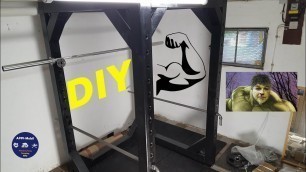
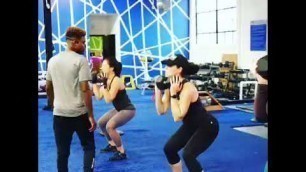


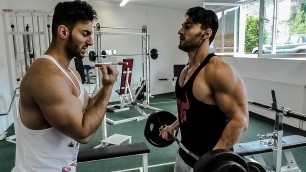


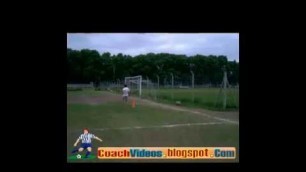
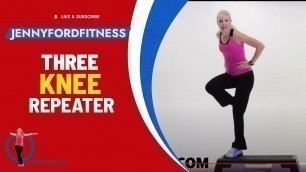


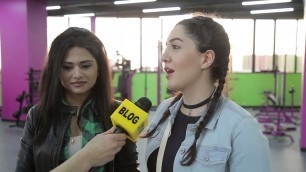
comments: